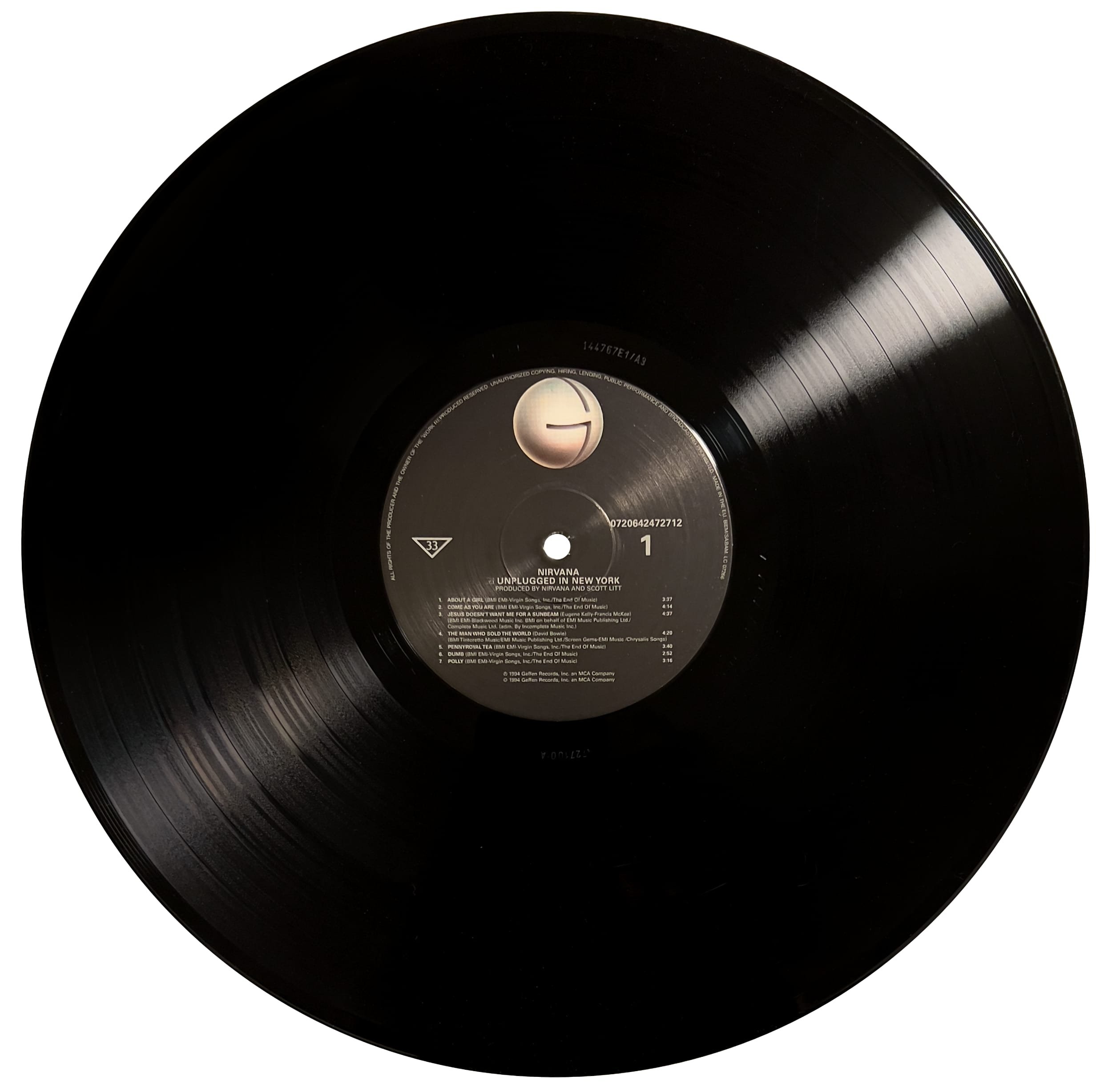Tom Waits’ Closing Time is a lauded over, timeless, masterpiece. Yet, for newcomers, it may take a few listens to fully appreciate this release. That was the case for me as I only mildly enjoyed the album the first time I heard it. With three to four follow-up listens, however, I not only connected with the structure of the album and its songs but the fluidity and sonic presentation melded with my soul in a manner that I was not expecting. Hence, it is true that those albums that don’t immediately grab you upon first listen can, indeed, become amongst the most treasured within your collection.
Released in 1973, Closing Time was Waits’ debut; one that would cement his legacy and become the foundation on which all other creativity would stem from. While much of this release can be pigeonholed to the folk genre, limiting it to that styling would be a disservice to the jazz and blues aspects heard throughout the record. Waits’ smoke-filled raspy but equally tender vocal is a standout throughout, but the entire production and chosen musicians have made this record the revered release it is, for it is amongst the greatest in all of recorded music history.
As it pertains to Apple Music's Hi-Res Lossless stream, for the 2018 remaster, every musical aspect is clearly presented within the mix with no concealment whatsoever. The soundstage is wide and enveloping and is so pleasant that you’ll find yourself listening to this masterpiece on repeat for there is no fatigue to experience. Interestingly, Waits and his wife (Kathleen Brennan) supervised the remastering of the album and while some will lament this aspect, I often find that when the artists, or the album’s producer, are involved in the remastering process, the result is often excellent. Of course, there will be those who prefer the original mastering, and that is understandable given the long legacy of this release, but for this music lover I take comfort in the knowledge that, subjectively, I don’t feel there’s room for improvement. It, really, is that good!
So, with that in mind, join me and let’s take a look at the songs that make up this legendary release.
Ol' ’55 is an incredible tune, but it’s the Eagles’ cover, from On The Border, that is the most memorable interpretation of Waits’ original. Had the Eagles never recorded the song, then there would be no argument relating to the best version, for the more you listen to Closing Time, the more you appreciate Waits’ recording. Nevertheless, Ol' ’55 is a perfect album opener as it sets the tone for the entire record.
I Hope That I Don't Fall In Love With You is a beautiful song with a Dylanesque styling that is highly appealing and endlessly replayable. The melody is instantly memorable, and even though Waits’ vocal is somewhat recessed in the mix, it takes centre stage ensuring that this recording is utterly perfect and amongst the best Waits has ever recorded.
Virginia Avenue is a masterpiece with a laid-back jazzy feel, and Louisiana swamp sound, that is ideally suited to a night-time atmosphere that will compel you to head out to your nearest jazz club. Again, as is the case throughout, Waits’ vocal delivery is exceptional. However, the strength of Virginia Avenue lies in the music bed; one of the greatest to ever be recorded, by anyone.
Old Shoes (& Picture Postcards) has a lovely waltz presentation. While I’d class this as more of a folk-based tune, the country-styling and soft harmonies lean into a country music style that gives you a sense of familiarity; a trademark of the country music genre.
Midnight Lullaby is a beautiful song that’s soft and dreamy. The delicate piano, gentle vocals, and Delbert Bennett’s stunning trumpeting combine to ensure that Midnight Lullaby is one of the most memorable tunes on the album.
Martha is one of the greatest ballads ever written and Meat Loaf covered it exceptionally well on his 1995 release, Welcome To The Neighbourhood. However, as much as I enjoy that interpretation, in this case, Waits’ is the standard all others will be measured by. It, really, is Waits at his poetic best.
Rosie is the perfect song to follow Martha as Waits crooning, amid a soft jazz-blues folk styling, is simply exquisite.
Lonely is stripped down with a slightly sombre tone, compared to the rest of the songs on the album. That isn’t a negative aspect, however, as the sparseness evokes deep and raw emotions that can be equally appreciated via lyrical or musical perspectives.
Ice Cream Man picks up the pace and if you’re not shuffling around on your feet, you’ll most certainly be toe-tapping and head-bopping to this lively tune.
Little Trip To Heaven (On The Wings Of Your Love) is a song straight out of a smokey jazz club. The subdued trumpet and piano swirl around Waits’ vocals, which add to the rich and heartfelt nature of the song, but the entire band recorded what should be considered a textbook-perfect performance.
Grapefruit Moon continues the late-night reflective jazz styling that is both contemplative and thoroughly relaxing. Yes, the arrangement is delicate, but it allows Waits’ vocal performance to shine.
Closing Time as an instrumental number is the perfect closer to the album. The melody is gentle and soothing, allowing the listener to sit in reflection of the music they’ve just heard, whilst simultaneously encouraging them to listen to the record again.
Despite not setting the charts on fire, upon release, Closing Time has maintained a slow build of appreciation throughout the decades and is highly regarded in the modern era. Undoubtedly, Waits’ time at The Troubadour was imperative for it allowed him to hone his original compositions, and band dynamic, before hitting the studio. His ability to blend folk, jazz, and poetic lyricism into a unique sonic presentation is the foundation for all his future works and even if this release has its detractors, compared to his later grittier compositions, it’s amongst his most accessible and is one of the best albums released in the 70s; particularly 1973.












